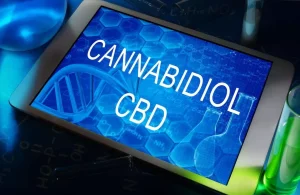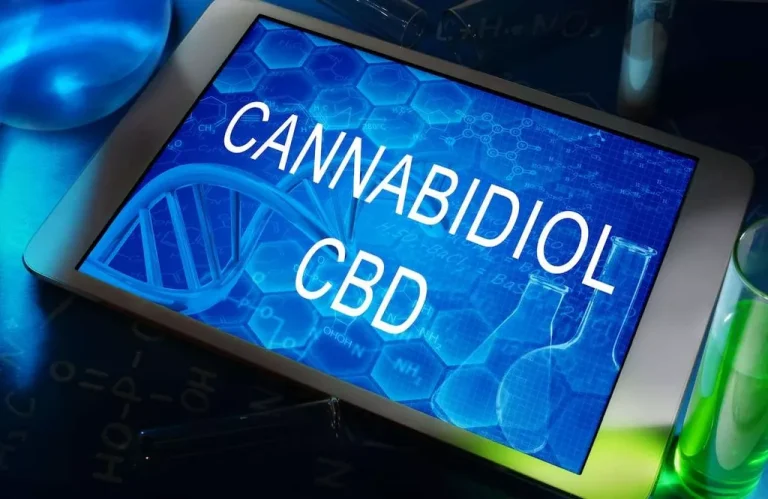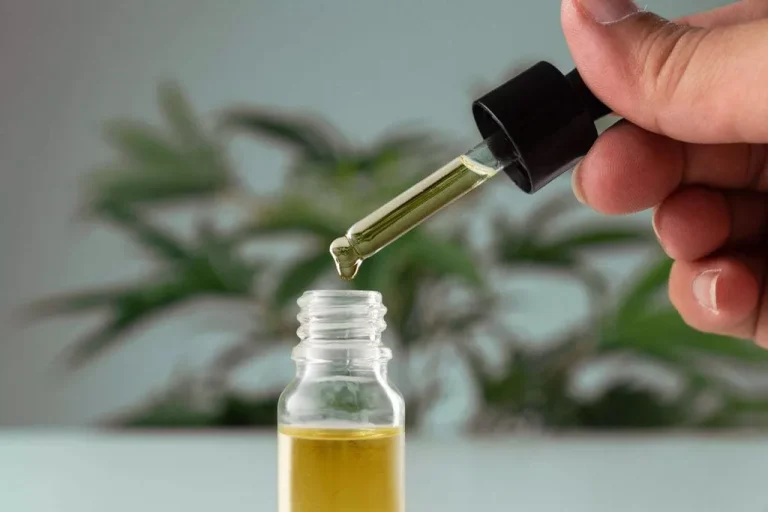
In fact, 40 to 60 percent of people recovering from substance addiction relapse at some point according to the National Institute on Drug Abuse — but this doesn’t mean their treatment has failed. At this stage, defense mechanisms are in high gear, and people are reluctant to even acknowledge they have a problem. They may try to avoid the topic of their drinking or minimize the negative impacts of their alcohol use. The person with the drinking problem needs to take responsibility for their actions. Don’t lie or cover things up to protect someone from the consequences of their drinking.

Alcoholism Recovery
Below is a list of some of the providers who are typically involved in alcohol treatment and the type of care they may offer. This guide is written for individuals—and their family and friends—who are looking for options to address alcohol problems. It is intended as a resource to understand what treatment choices are available and what to consider when selecting among them. For more information, please visit the NIAAA Alcohol Treatment Navigator®, an online tool that helps individuals find the right treatment for them—and near them.
Cutting back vs. quitting alcohol altogether
Members throughout the world live and stay away from that “first drink” one day at a time. Anyone with a desire to stop drinking is welcome, regardless of race, gender, sexual orientation, religion, income, or profession. Ultimately, receiving treatment, committing to your recovery, and ongoing sobriety can improve your chances of success.
Detoxification
- Ask different programs if they offer sliding-scale fees—some programs may offer lower prices or payment plans for individuals without health insurance.
- Individuals may waffle back and forth between wanting and not wanting to change.
- The model of change developed by psychologists James Prochaska and Carlo DiClemente breaks it down into six stages.
- But attention to the addiction is only one facet of recovery.
The person then deals with the stress of these alcohol-induced problems by drinking more. Alcohol has a remarkable ability to allow drinkers to forget or stop caring about their issues, which is why it’s so tempting to escalate when someone is feeling stressed. One of the most glaring signs of burgeoning alcohol addiction is the development of tolerance. Tolerance is a state in which a person builds up a resistance to the effects of a substance, and therefore must consume increasingly higher amounts to produce the same results.
6. Termination

For example, they may say they are drinking a lot because they are stressed because of work. Or they could claim that it’s common to drink to relax and say that it’s no big deal. Our facilities across the U.S. offer a full continuum of care, custom treatment plans, and comprehensive discharge plans to aid in the success of your recovery. You aren’t to blame for your loved one’s drinking problem and you can’t make them change. Express your concerns in a caring way and encourage your friend or family member to get help. Try to remain neutral and don’t argue, lecture, accuse, or threaten.
- Such e-health tools have been shown to help people overcome alcohol problems.
- One day at a time, over time, can amount to incredible things.
- Establishing new patterns, both big and small, helps build a new life for a new you.
Even after admitting you have a drinking problem, you may make excuses and drag your feet. It’s important to acknowledge your ambivalence about stopping drinking. If you’re not sure if you’re ready to change or you’re struggling with the decision, it can help to think about the costs and benefits stages of alcoholic recovery of each choice.

Pharmaceutical Treatment
Multiple forms of proven therapy like motivational interviewing and cognitive behavioral therapy give you more options for creating a treatment plan that works for you. Strictly speaking, sobriety is the state of being sober—not being under the influence of alcohol or drugs. However, the word is often used in different ways in different contexts. Many 12-step programs suggest that sobriety means total abstinence, which means never using the substance again. Other definitions, however, focus on the process of recovery and coping habits that support health and wellness over the long term.

Improved Relationships

It’s also common to make new friends at a treatment facility. They will embrace action throughout the treatment and recovery process. For many people with a substance use disorder, it’s simply a matter of never having learned the appropriate way to manage anger. Talk to your therapist, other healthcare provider, or sponsor about how to deal with your anger in ways that won’t cause you to harm yourself or others or turn to alcohol or drugs. Once your loved one has identified their potential triggers, learning how to avoid them is an important part of relapse prevention. No matter which pathway of recovery a person chooses, a common process of change underlies them all.
AA and Other Peer Support Groups for Alcohol Addiction
Some of our AAC facilities offer same-day admissions, depending on various factors, such as the person’s willingness to get help and the capacity of our treatment centers. At each of AAC’s treatment centers, a caring and compassionate addiction treatment team develops an individualized treatment plan for your loved one based on their needs. To learn more about the rehabilitation services we offer, visit our addiction treatment centers page. Once a person becomes sober, other conditions and issues may become apparent. People often turn to alcohol or drugs to help them cope with anxiety, depression, abuse, and other problems. While in treatment for alcohol addiction, people can get help with other conditions and problems, as well.
Alcohol addiction treatment options
And one measure of a comprehensive substance abuse treatment program is the help it offers to enrollees to identify their interests and find and build a meaningful career path. While recovery from alcoholism can take weeks, months or even years, most people progress through six stages of change as they overcome an alcohol addiction. Cravings for alcohol can be intense, particularly in the first six months after you quit drinking. Good alcohol treatment prepares you for these challenges, helping you develop new coping skills to deal with stressful situations, alcohol cravings, and social pressure to drink.
